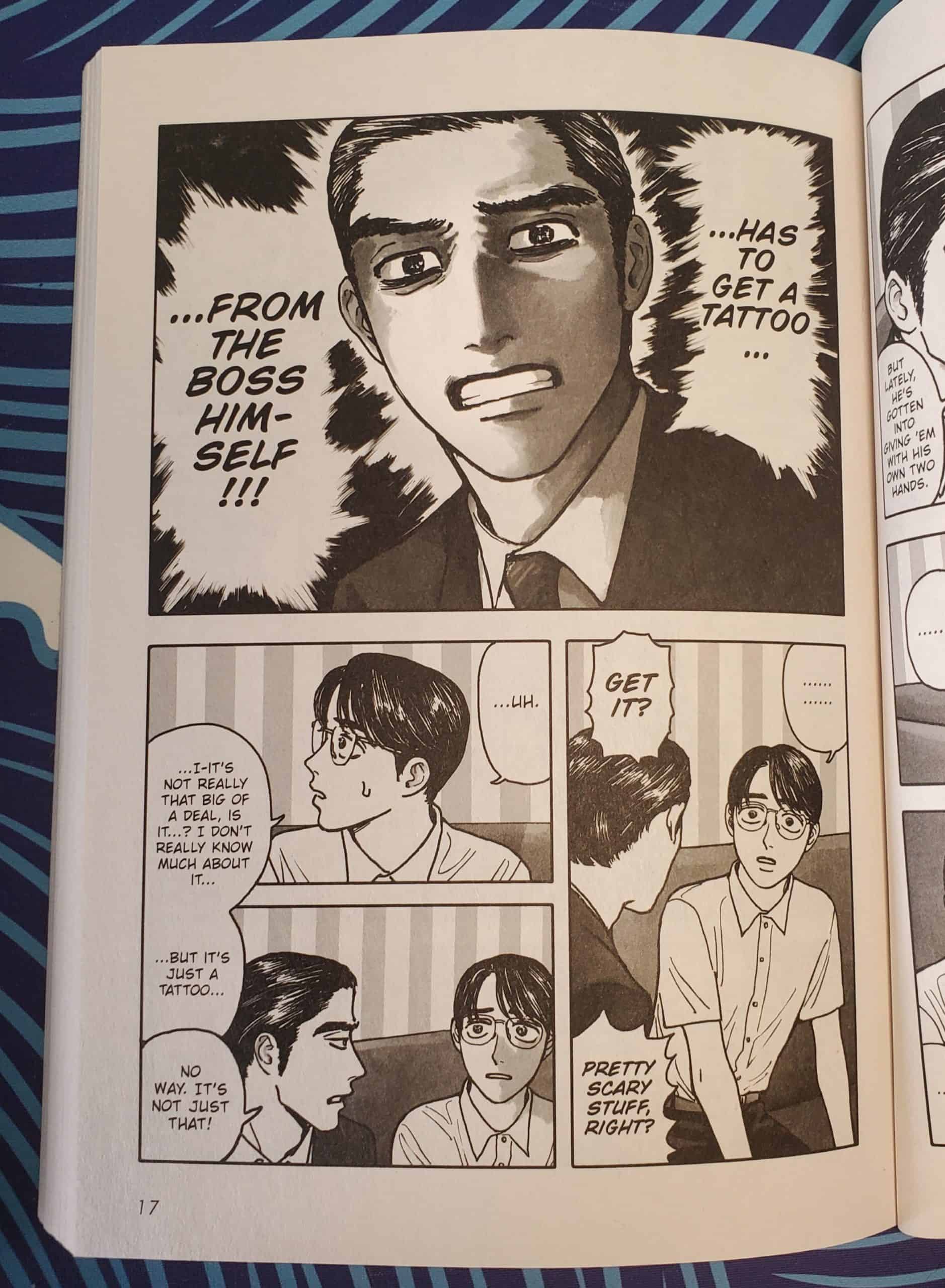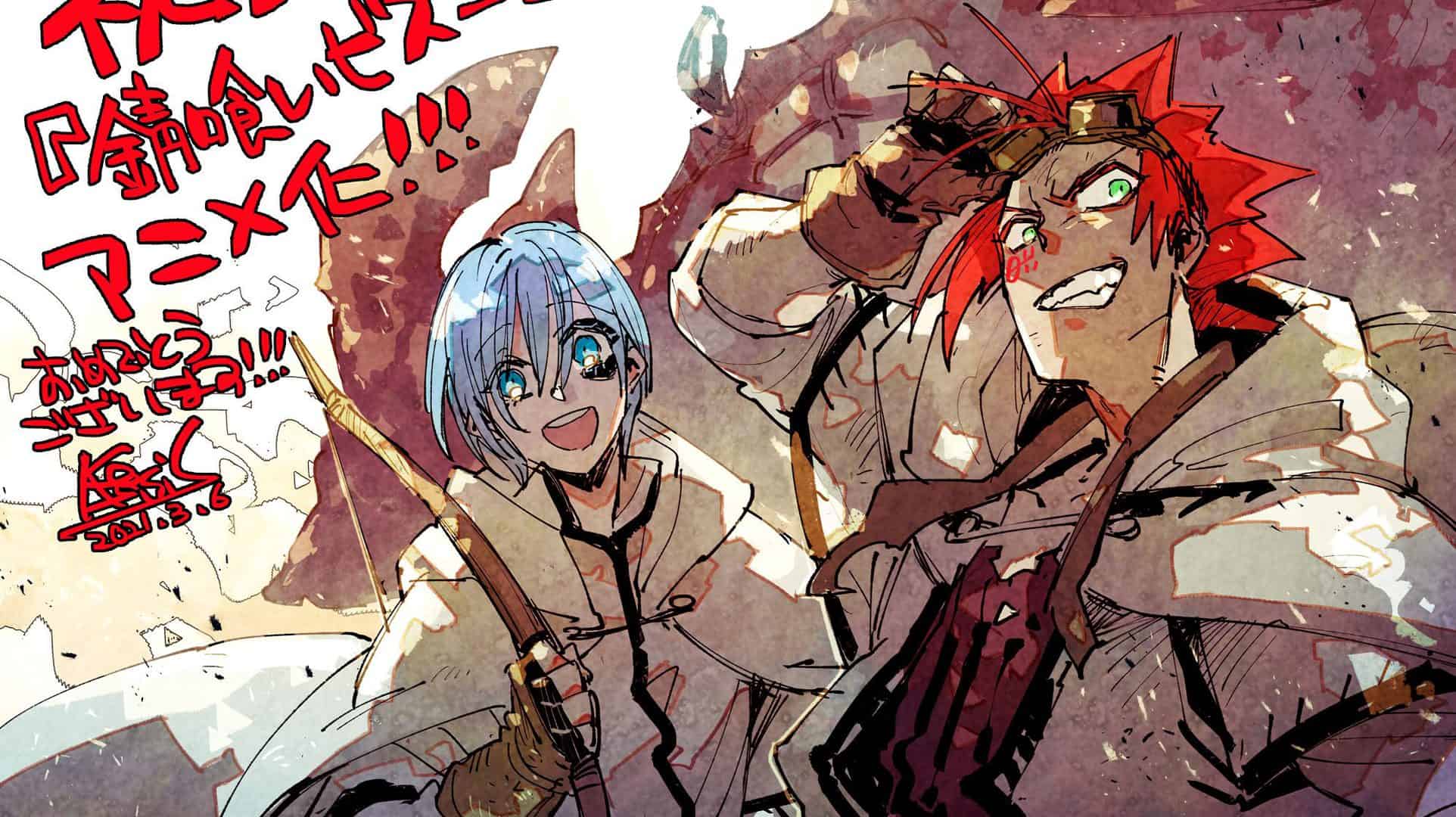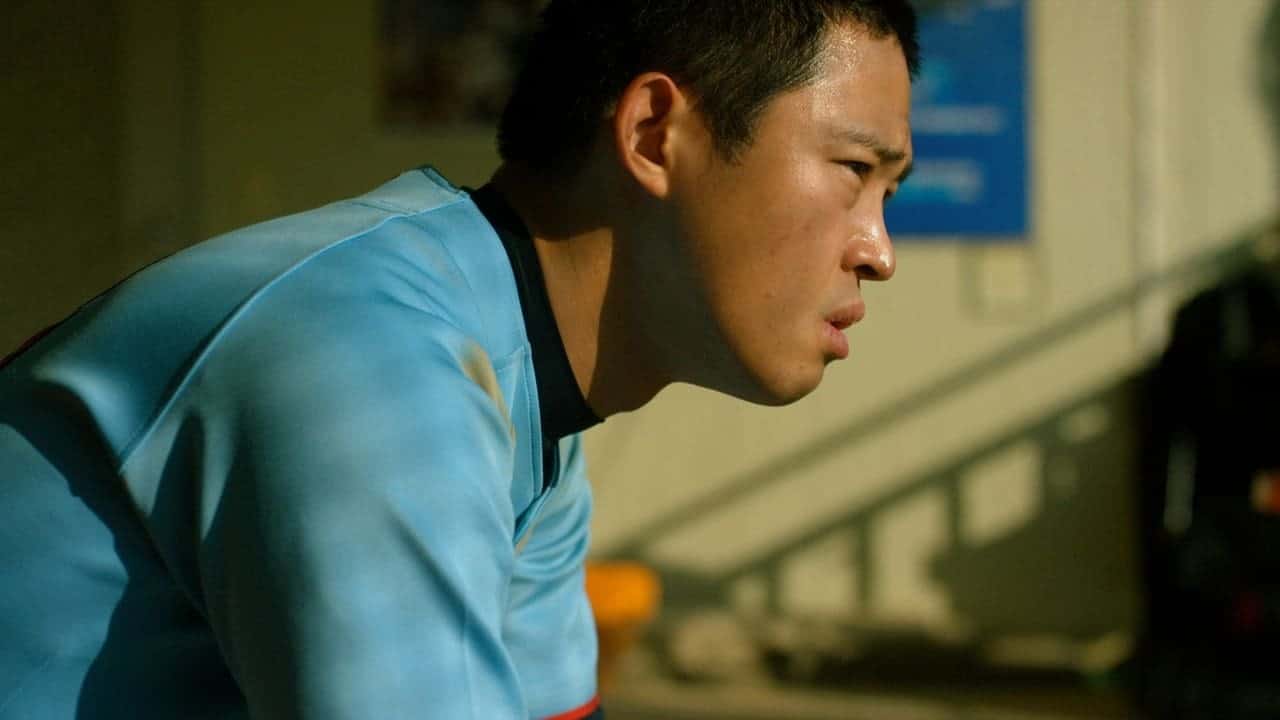“Nothing worries Satomi Oka more than the upcoming final choir competition of his middle school career—right up until he is accosted by a stranger from the shadows who demands, “Let's go karaoke!” As a yakuza, Kyouji Narita doesn't scare easily, but a terrifying prospect has driven him to seek Satomi's help. The boss is holding a karaoke contest, with the loser forced to get a tattoo to be selected and torturously applied by the boss himself! Oka has been to many vocal rehearsals over the years, but never one-on-one karaoke sessions with a gangster!!” (Yen Press)
Buy This Title
on Amazon by clicking on the image below
This is the second release of Yama Wayama's work through Yen Press, and the second in English, with the first being “Captivated, by You“. While her debut proved to show a unique comedic wit and artistic directions that instantly established her as a creator to take note of, the episodic nature of the first volume, arguably, failed to realize a broader understanding of the mangaka's storytelling abilities. Enter “Let's Go Karaoke”, a stand-alone story/release that allows the creator to flex their skills through a single narrative. If “Captivated, by You” had readers uncertain of the prowess of Wayama as a new and exciting voice in the manga, “Let's Go Karaoke” will put those concerns to rest.
The story revolves around the awkward friendship of two men, a yakuza and a student, both facing challenges in their lives tied to singing, though in stark contrast, the bond the two form is oddly endearing despite the drastically different lifestyles and age differences. The young Satomi Oka starts off very intimidated by the yakuza (understandably so), leading to the awkwardness that the older Kyouji Narita plays off. The result is almost a paternal connection, like an estranged family trying to find common ground with the sincerity of wanting to reconnect. At the same time, it explores that kind of dynamic between two men with an impressive familiarity.

Undeniably, the subtle humor of Wayama rests in exploring these relationships, and while there are but a few ‘laugh out loud moments' the mangaka brilliantly captures the comedy in everyday mannerisms and interactions. For two characters who are rather unremarkable on their own, Wayama is able to turn them into a captivating story of two souls crossing by chance. The humor always comes with a dose of heartwarming, which is the best way to make the comedy resonate deeper than just surface-level gags and jokes.

The artistic style of Yama Wayama is, admittedly, not overly impressive or impactful and the story lacks any paneling or visuals that will really stop the reader in their tracks to admire the mangaka's ability. However, it has a simplicity to the approach that makes it welcoming–both of the characters are an ‘everyman' at different stages in their lives as opposed to a cartoonishly exaggerated persona. It may not be the most visually stunning, yet, Wayama's artistic approach melds wonderfully with the stories she set out to express. The approach also does add some impact with more darkened and detailed panels showing a strong emotional reaction (as seen above).
“Let's Go Karaoke” is a timeless piece of comedy that relies on kindness and sincerity. Keeping the characters relatable and endearing, Wayama is able to deliver an intelligent, humorous story that deserves a wide audience. The release proves that, without question, she is a unique creator that should have manga fans excited to see how she develops going forward.
















